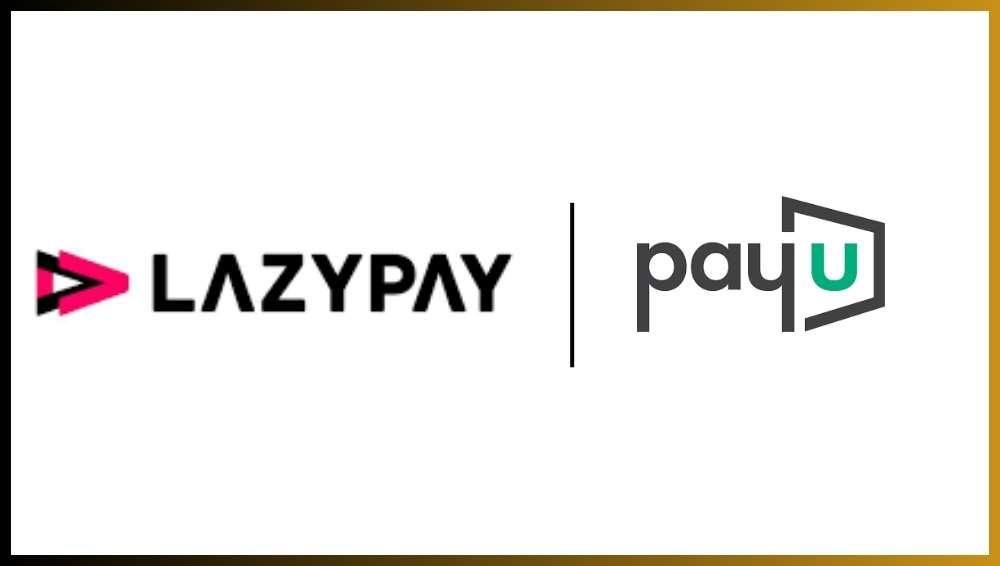

[Update]: LazyPay clarifies buy-now-pay-later service halt to merchants
13 Nov 2024, 03:26 PMA source claims LazyPay recently received a letter from the RBI flagging issues in its customer onboarding process, but the company strongly denies receiving any such communication.
Arti Singh
Story has been updated with a clarification issued by LazyPay that it has not received any such letter from RBIOn November 12
Subscribe to read the full story
Stay ahead in fintech leadership with insightful news and ecosystem mastery
Access premium journalism by selecting a Subscription Plan
1 Year
$ 99.00
The author is Founder and Editor of The Head and Tale. She can be reached at
[email protected]
Tweets @artijourno











